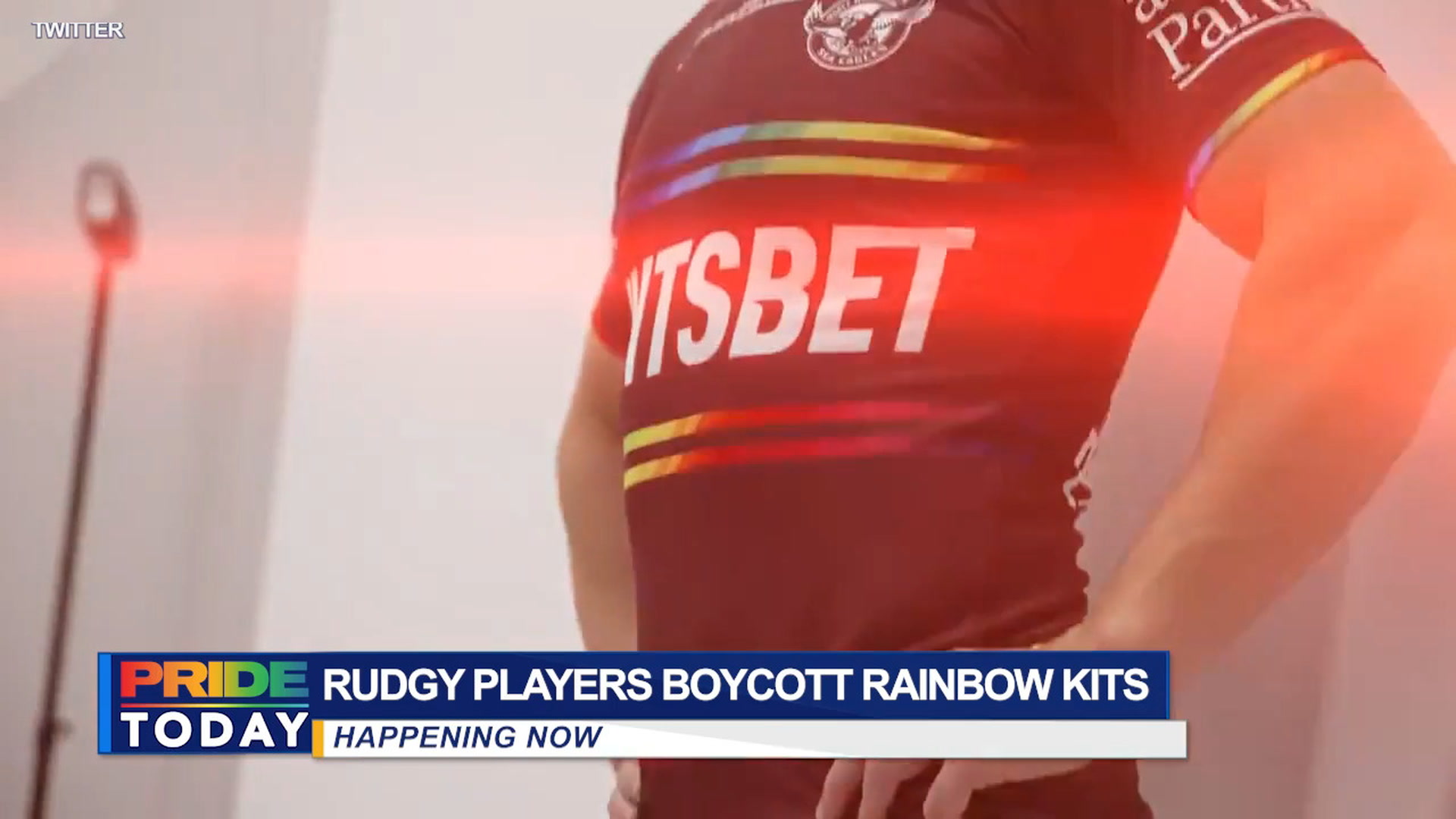Health
Biden Administration Increases Access to Monkeypox Treatment

As the LGBTQ+ community learns more about the MPV public health emergency, the federal government is making access to treatment easier.
July 27 2022 1:56 PM EST
Cwnewser
By continuing to use our site, you agree to our Privacy Policy and Terms of Use.

As the LGBTQ+ community learns more about the MPV public health emergency, the federal government is making access to treatment easier.
The World Health Organization Saturday designated monkeypox a global health emergency, making clear that the growing number of cases calls for an international response. The outbreak has mostly affected men who have sex with men. Now the federal government is working on making the treatment more accessible as the queer community pays close attention to the outbreak.
Dr. Rachel Levine, assistant secretary for health at the U.S. Department of Health and Human Services, told The Advocate that the LGBTQ+ community in particular is highly aware of public health.
"I think that's a legacy of HIV," she said.
Whereas in the 1980s, the public health community wasn't engaging with the LGBTQ+ community and vice versa, now they communicate and work in tandem to promote positive health outcomes, she said.
"Over the last number of decades, Dr. [Anthony] Fauci and many others, [including] Dr. [Rochelle] Walensky, worked their career to conquer HIV," she said. "And I think our community has been very plugged into public health." Fauci is director of the National Institute of Allergy and Infectious Diseases and the chief medical adviser to the president, and Walensky is director of the Centers for Disease Control and Prevention.
But with attention comes criticism.
Some have argued that President Joe Biden's administration should have done more faster, especially given the lessons that government agencies should have learned from the previous administration's failures in responding to the ongoing novel coronavirus pandemic.
Levine referred The Advocate to an HHS fact sheet that outlines the specific steps the federal government has taken, but she highlighted a few points.
She said the government has taken vital steps in vaccines, testing, and making treatments such as the smallpox medication TPOXX available for free.
But getting TPOXX is difficult.
In 2018, the Food and Drug Administration approved TPOXX (generic name tecovirimat) for smallpox, which is in the same family of viruses as MPV. TPOXX was approved under the FDA's "animal rule," which means data from animal tests were sufficient to prove the drug was effective and safe.
Health care providers must fill out dozens of forms when prescribing TPOXX. Because the drug is not available commercially, prescribers must obtain TPOXX from the Strategic National Stockpile rather than the market. Each TPOXX prescription takes about two hours to fill out, providers report. In addition, the consent form requires patients to check "male" or "female" boxes, which is problematic for transgender and nonbinary people.
In a call with reporters Friday, Capt. Jennifer McQuiston, deputy director of the division of high consequence pathogens and pathology within CDC's National Center for Emerging and Zoonotic Infectious Diseases, said that CDC has removed some of the barriers to acquiring TPOXX.
Recent changes have simplified the process for getting medications, allowing doctors to start treatment before paperwork is submitted, reducing the number of forms, patient samples, and photos, and allowing patients to see their doctors virtually.
Health officials recommend that anybody who is at high risk, which is currently primarily men who have sex with men, should get vaccinated, although vaccines have been hard to get.
More vaccines should be available in the coming weeks, NPR reports. The vaccine used most often for MPV is called JYNNEOS, and it is administered in two doses four weeks apart.
MPV is spread by direct contact with lesions or prolonged close-faced contact or through contact with clothing, towels, sheets, and other fabrics that touched an infectious lesion.
Follow More Advocate News on Pride Today Below

Charlie Kirk DID say stoning gay people was the 'perfect law' — and these other heinous quotes